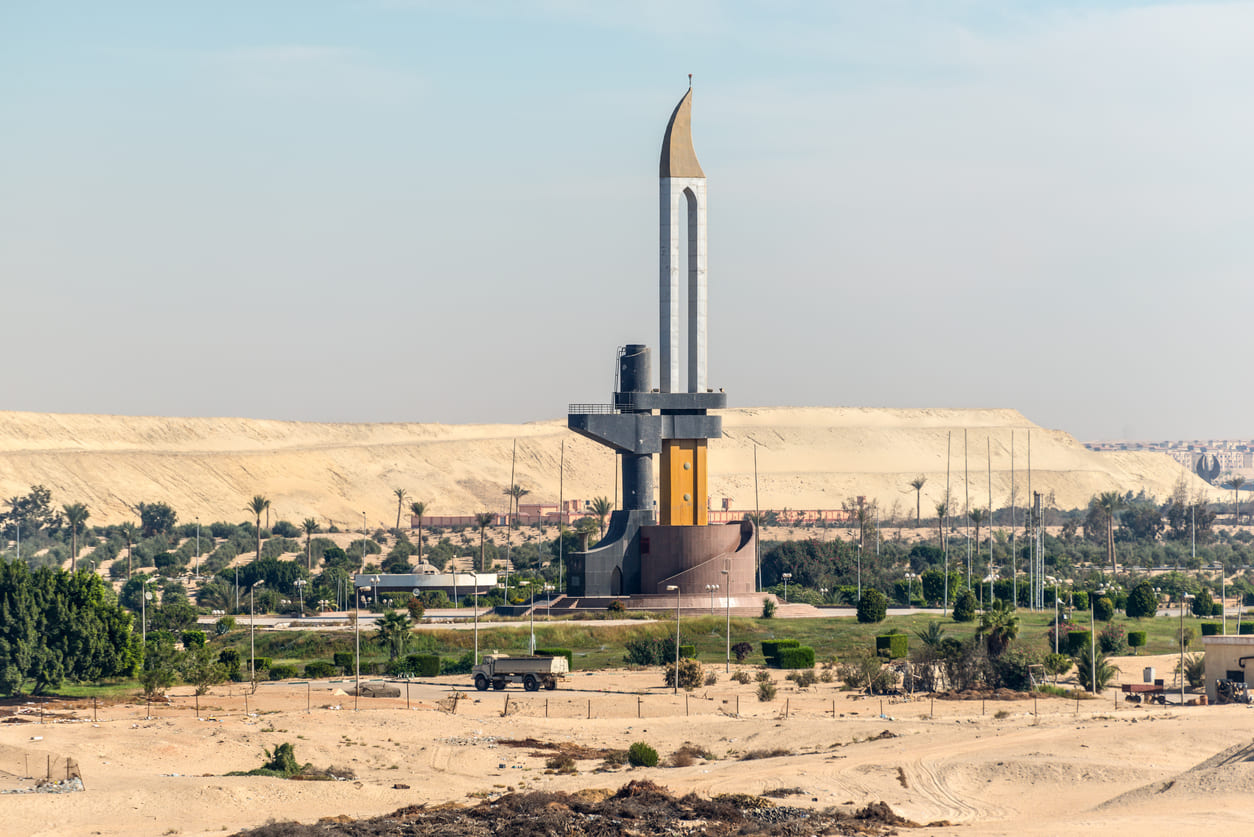Dates of Flooding of the Nile in Egypt
| 2026 | Aug 15 |
| 2025 | Aug 15 |
| 2024 | Aug 15 |
Egypt Holiday Calendars
The flooding of the Nile was an annual event that once brought fertile silt to Egypt's farmlands, supporting agriculture and life along the river. It was celebrated in ancient times as a sign of prosperity and divine blessing.
Flooding of the Nile: A Public Holiday?
The Flooding of the Nile is not a public holiday in Egypt today, but in ancient times, it was celebrated as a vital seasonal festival, honoring the river's life-giving power and its essential role in sustaining agriculture and civilization.

Flooding of the Nile
The annual flooding of the Nile was once the most important natural event in ancient Egypt. Every year, between June and September, the river would rise due to heavy rains in the Ethiopian Highlands. This flood brought rich, fertile silt to the farmlands along the Nile, making agriculture possible in an otherwise desert region. The flood supported food production, trade, and the overall survival of ancient Egyptian civilization.
In ancient times, the flooding was seen as a blessing from the gods, especially Hapi, the god of the Nile. Egyptians celebrated the event with festivals, prayers, and offerings to thank the gods for the nourishment the river brought. The timing of the flood even influenced the ancient Egyptian calendar. Although the Nile no longer floods due to the Aswan High Dam, its historical impact remains a symbol of life and abundance in Egypt.
Observance of Flooding of the Nile in Egypt
In ancient Egypt, the flooding of the Nile was not only a vital natural event but also a time of great celebration and spiritual meaning. The people saw the annual flood as a gift from the gods, especially from Hapi, the deity associated with the river's flow and fertility. The event usually began in mid-June and peaked around September. As the floodwaters brought fresh silt and water to the farmlands, it ensured the next year's harvest would be strong. This connection between nature and survival made the flood deeply important to Egyptian life.
Festivals were held in honor of the Nile's rise. People would gather along the riverbanks to offer prayers and give thanks. Religious ceremonies, music, and dancing were part of the celebrations. Offerings were thrown into the river to show gratitude and seek continued blessings. Children and families participated in these events, making it a joyful and hopeful time of year. The flood's arrival also helped shape the agricultural calendar, guiding when to plant and harvest crops. For ancient Egyptians, the Nile was not just a river — it was the source of all life.
Although the river no longer floods naturally due to the construction of the Aswan High Dam in the 20th century, the memory of the event is still honored today. Some cultural groups and festivals keep the tradition alive through symbolic celebrations, particularly on August 15, the day historically associated with the Nile's rise. The story of the Nile's flood remains a key part of Egyptian history and identity, reminding people of the deep connection between nature, faith, and daily life that shaped one of the world's oldest and most influential civilizations.
Flooding of the Nile Observances
| Year | Date | Weekday | Name | Holiday Type |
|---|---|---|---|---|
| 2024 | Aug 15 | Thu | Flooding of the Nile | Observance |
| 2025 | Aug 15 | Fri | Flooding of the Nile | Observance |
| 2026 | Aug 15 | Sat | Flooding of the Nile | Observance |
| 2027 | Aug 15 | Sun | Flooding of the Nile | Observance |
| 2028 | Aug 15 | Tue | Flooding of the Nile | Observance |



